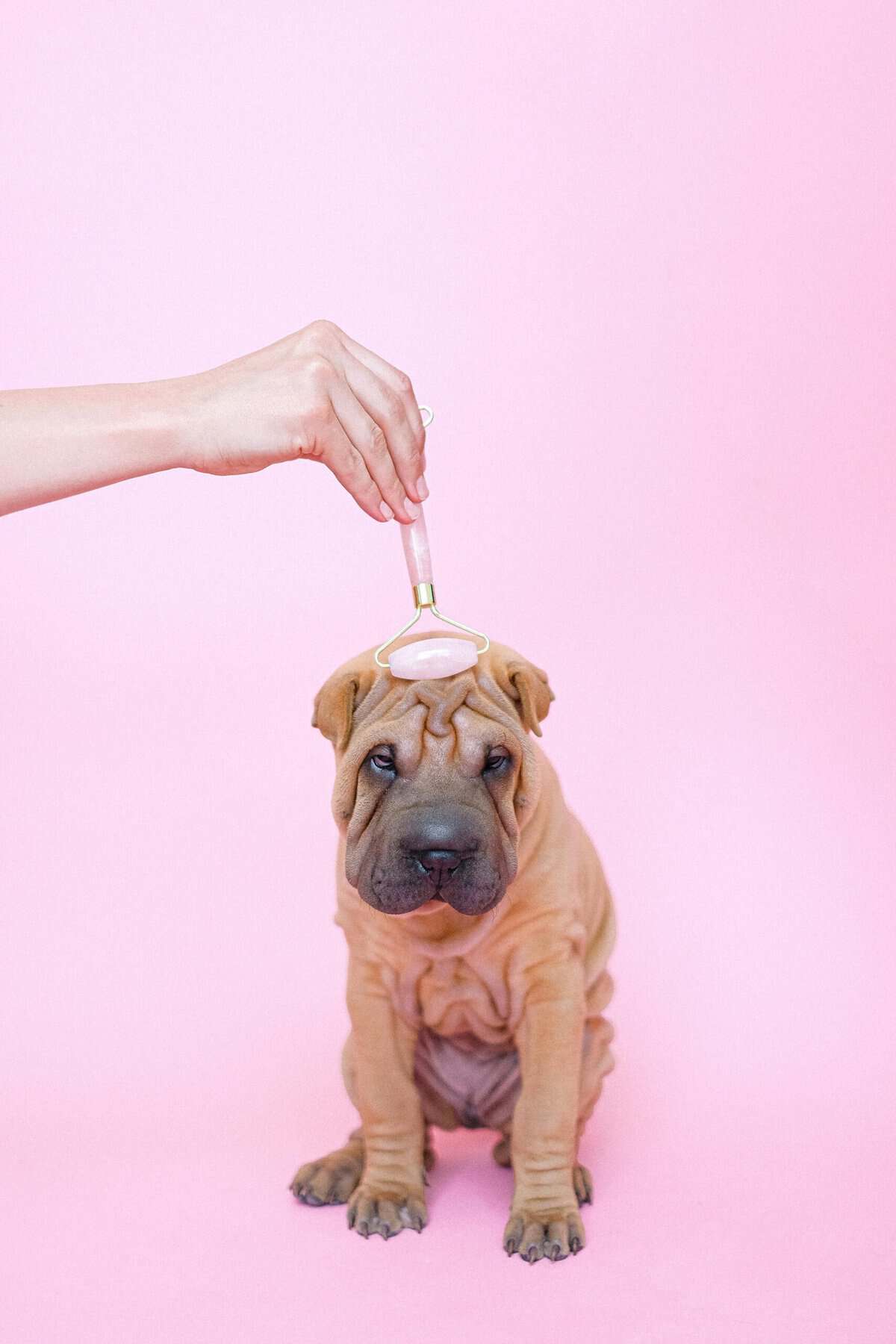Are Diet Fizzy Drinks Actually Healthy?
You’re standing in the supermarket aisle, staring at rows of fizzy drinks. Regular Coke sits next to Diet Coke. Pepsi faces off against Pepsi Max. The diet versions promise zero calories and zero sugar. They seem like the obvious healthy choice, right?
The question of whether diet fizzy drinks are healthy isn’t as simple as it appears. These artificial sweetener-packed drinks have sparked debates among doctors, nutritionists, and health experts for decades.

What Makes Diet Fizzy Drinks Different?
Diet fizzy drinks swap out sugar for artificial sweeteners. Instead of the 35 grams of sugar you’d find in a regular can of Coke, diet versions use chemicals like aspartame, sucralose, or stevia.
This switch eliminates virtually all calories. A regular fizzy drink contains about 140 calories per can. The diet version? Usually zero to five calories.
But here’s where things get interesting. Removing sugar doesn’t automatically make something healthy. It’s a bit like saying a cigarette with less tar is healthy. Sometimes, the replacement ingredients create their own set of concerns.
For Diet Fizzy Drinks
Let’s start with the good news. Diet drinks do offer some genuine benefits over the sugar-loaded alternatives.
Weight Loss
If you’re trying to lose weight, swapping regular fizzy drinks for diet versions can make a real difference. Those 140 calories per can add up quickly. Drink two cans of regular Coke daily, and you’re consuming an extra 280 calories. Over a year, that could translate to roughly 29 pounds of weight gain.
Several studies have shown that people who switch to diet drinks tend to lose weight compared to those who stick with regular versions. The maths is simple: fewer calories in, easier weight loss.
Blood Sugar Control
For people with diabetes, diet fizzy drinks can be a godsend. Unlike regular fizzy drinks, which cause blood sugar levels to spike dramatically, diet versions have minimal impact on glucose levels.
This makes them a safer option for diabetics who still want to enjoy a sweet, fizzy treat without the blood sugar rollercoaster.
Dental Health Benefits
Regular fizzy drinks are terrible for your teeth. The sugar feeds bacteria in your mouth, which produce acids that eat away at tooth enamel. Diet drinks remove this issue.
However, they still contain acids that can erode teeth over time. So while they’re better than regular fizzy drinks, water remains the best for dental health.
Against Diet Fizzy Drinks
Now for the concerns that keep health experts awake at night.
Artificial Sweeteners
Artificial sweeteners have faced intense scrutiny for decades. Some studies have linked them to everything from headaches to cancer. While most of these concerns haven’t been definitively proven in humans, the uncertainty makes many people uncomfortable.
Aspartame, one of the most common artificial sweeteners, breaks down into methanol and formaldehyde in the body. While the amounts are tiny, some people worry about long-term effects.
Potential Links to Health Issues
Some research suggests that diet fizzy drinks might be linked to:
- Stroke and dementia: A 2017 study found people who drank diet fizzy drinks daily had higher rates of stroke and dementia
- Kidney problems: Some studies suggest a link between diet drinks and kidney function decline
- Bone density issues: Regular consumption might affect bone health
- Metabolic changes: Some research indicates artificial sweeteners might alter gut bacteria
However, it’s crucial to note that many of these studies show correlation, not causation. People who drink lots of diet fizzy drinks might have other unhealthy habits that contribute to these problems.
The Sweetness Trap
Here’s a sneaky problem with diet drinks: they might actually increase your cravings for sweet foods. Your brain tastes sweetness but doesn’t get the calories it expects. This mismatch might trigger hunger and cravings later.
Some people find that drinking diet fizzy drinks makes them want to eat more sweet or high-calorie foods. If this happens to you, the calorie savings from choosing a diet drink might disappear quickly.
What About Natural Alternatives?
Many fizzy drink companies now offer options with “natural” sweeteners like stevia. These sound healthier, but the science isn’t clear yet.
Stevia comes from a plant, which sounds appealing. But it’s still a highly processed sweetener when it appears in fizzy drinks. The long-term effects remain largely unknown.
The Moderation Message
So, are diet fizzy drinks healthy? The answer is complicated.
They’re almost certainly better than regular fizzy drinks if you’re watching your weight or managing diabetes. The calorie and sugar savings are real and significant.
But they’re not healthy drinks. They’re simply less unhealthy than regular fizzy drinks.
Think of diet fizzy drinks like this: if you’re going to drink fizzy drinks anyway, diet versions are probably the better choice. But if you can reduce your overall fizzy drink consumption, that’s even better.
Practical Tips
If you choose to drink diet fizzy drinks, here are some ways to minimise potential risks:
Limit your intake: One or two cans per day is probably fine for most people. Drinking litres daily is pushing it.
Mix it up: Don’t rely on just one type of artificial sweetener. Rotate between different diet drinks to avoid overexposure to any single sweetener.
Watch your teeth: Rinse with water after drinking diet fizzy drinks. The acids can still damage tooth enamel.
Pay attention to your body: If you notice headaches, digestive issues, or increased cravings after drinking diet fizzy drinks, consider cutting back.
Don’t use them as water replacements: Diet drinks shouldn’t be your primary source of hydration.
Better Alternatives to Consider
If you’re looking to move away from diet fizzy drinks, consider these healthier options:
- Sparkling water with fruit: Add slices of lemon, lime, or berries to plain sparkling water. I have an article full of the best fruits to add to water that may help.
- Herbal teas: Many taste great cold and offer natural flavours
- Kombucha: Provides probiotics along with fizz, though watch the sugar content
- Diluted fruit juices: Mix 100% fruit juice with sparkling water for a lighter option
So, Should We Drink Diet Fizzy Drinks?
Diet fizzy drinks exist in a grey area between healthy and unhealthy. They’re not the devil that some critics make them out to be, but they’re also not healthy either.
For most people, moderate consumption of diet fizzy drinks is unlikely to cause serious harm. They can be useful tools for weight loss and blood sugar control.
However, they shouldn’t be your go-to drink. Water is the healthiest choice for hydration.
The key is moderation and awareness. If diet fizzy drinks help you avoid regular sugar-laden versions, they’re serving a useful purpose. Just don’t kid yourself that they’re actively contributing to your health.
Remember, the healthiest diet is one you can stick to long-term. If completely eliminating diet drinks feels impossible, don’t stress about having them occasionally. Focus on making improvements where you can.
Have you ever noticed any problems with drinking fizzy drinks? Let me know in the comments below.






